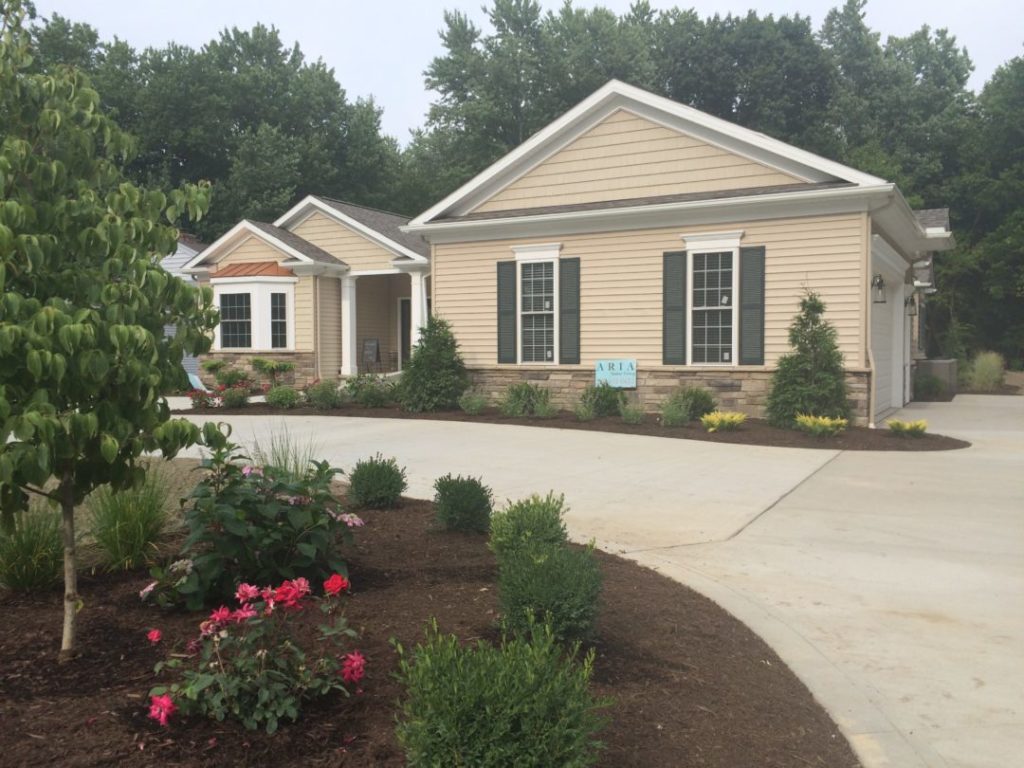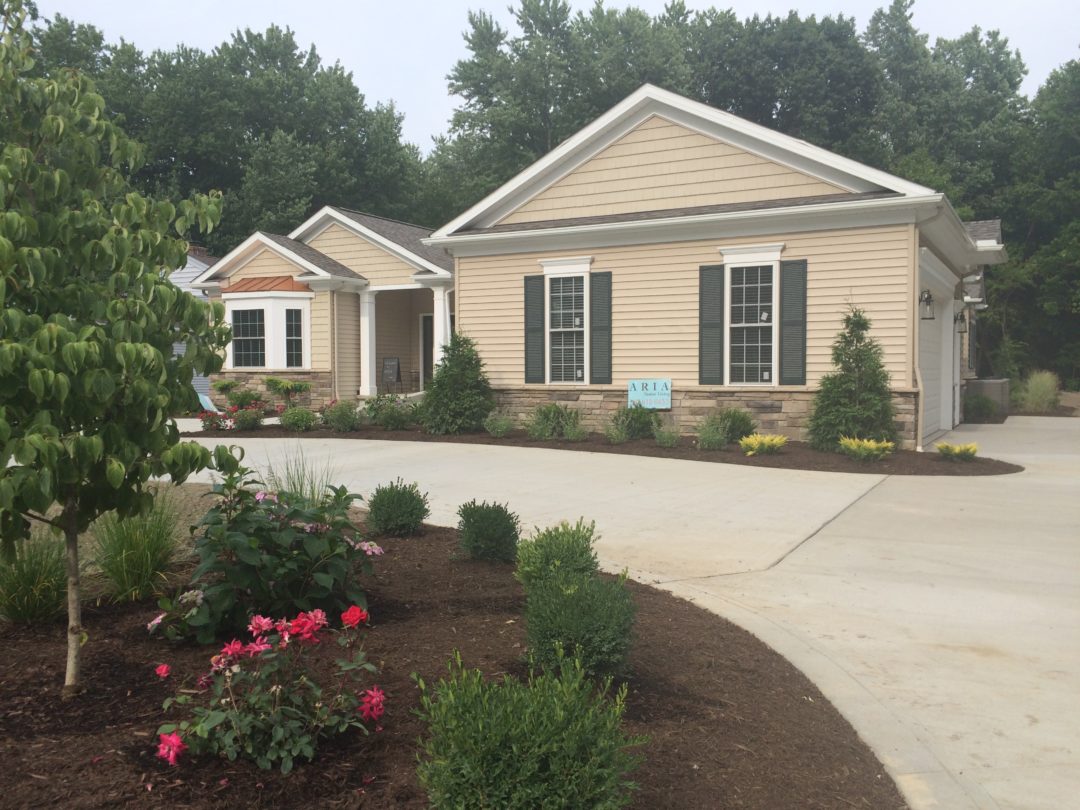
It’s not easy for you and your loved ones to acknowledge that it’s no longer viable for a loved one to live independently. When the time comes to consider assisted living for a loved one, we are presented with a multitude of options. It can be daunting when faced with cost, location, amenities, visiting hours, staff, and care. When making the choice, it’s about more than just providing a housing option; it is about ensuring quality of care, safety, and providing a sense of community. When a senior adult can no longer live on their own safely, someone needs to step in as an advocate for their needs, which more times than not, is a daughter or daughter-in-law.
In our culture, standard “big box” assisted livings are being constructed to appeal to a 40-year-old female decision maker (the daughter or daughter-in-law) and not necessarily the resident. Assisted living residences are being built with countless high-end amenities, which may look nice but have little to no impact on the quality of care being provided. For some reason, our culture looks at senior care more from a hospitality standpoint than from a care standpoint.
Assisted livings being built by developers and private equity firms doesn’t always align with the needs of the residents but more so align with the profitability of the corporation. They are often presented as more of a social model than a medical model and residents don’t get the care or personalized attention they need. Often times, our society believes that implementing more regulations instills a sense of safety but in a sense, the immense regulations have taken away from the care nursing homes provide. Nurses spend a majority of their time completing paperwork in lieu of being interactive and involved with residents. Fortunately, the assisted living industry isn’t as regulated.
There is a multitude of research on evidence-based care that supports the theory that the overall care of the residents is better yet the majority of corporate assisted living facilities ignore the research on evidence-based care when designing their assisted livings Our practice of senior care has come to recognize the importance of well-designed housing as a foundation to the overall well-being of the senior population. At Aria, the design focuses on interaction, safety, and encouraging a sense of community. The small group design focused on the layout is designed to feel like a luxury one story. Residences offer centrally located living rooms, kitchen, and dining rooms within close proximity to residents’ bedrooms, and outdoor spaces with enclosed courtyards. The smaller design offers many positive benefits such as less isolation, leading to less depression and anxiety, decreased weight loss, better sleep, an increase in friendships, less falls (due to less obstacles and close proximity to rooms), and higher family satisfaction. In addition, the overall satisfaction of team members has increased, which leads to less staff turnover, which is a huge issue in the assisted living industry.
The irony of assisted living is that often times, with most “big box” assisted livings, the assistance is minimal at best, based on the illusion that they are providing independence. While there are residences that provide a more independent lifestyle where people thrive on upgraded amenities, much of the aging population does in fact need assistance. The care needs of a typical assisted living resident has significantly increased over the past 30 years. Why is the industry still constructing giant buildings for the residents of 30 years ago? Will your loved one take advantage of a bar in the lobby and the golf simulator or swimming pool? Will they appreciate the cathedral ceilings and the high-end Italian tile in the bathroom? While it all looks great during the tour, are you paying for amenities they are capable of utilizing? You need to make decisions on how your loved one is right now and not how they used to be. Your mom may have been an avid golfer but will the golf simulator benefit her now? We need to come to the realization that those days are in the past and focus on the current needs of the senior. The care should always come first.
75% of residents at Aria Senior Living came from other facilities after not receiving the level of assisted living care they require. Aria Senior Living offers a much smaller and personal environment where each resident has a designated care provider. Derek Hansen, founder and owner, is actively involved in the day-to-day operations at Aria Senior Living. When you have an individual owner providing oversight and pride of ownership, they are more invested in providing better quality care. Once you get to a stage in your life that requires you to have assistance, you want an assisted living home that actually provides assistance.
If you are interested in learning more about facing the realities of today’s seniors or would like additional information about our residences, contact us. If you are interested in constructing an evidence-based assisted living facility, please contact us.

